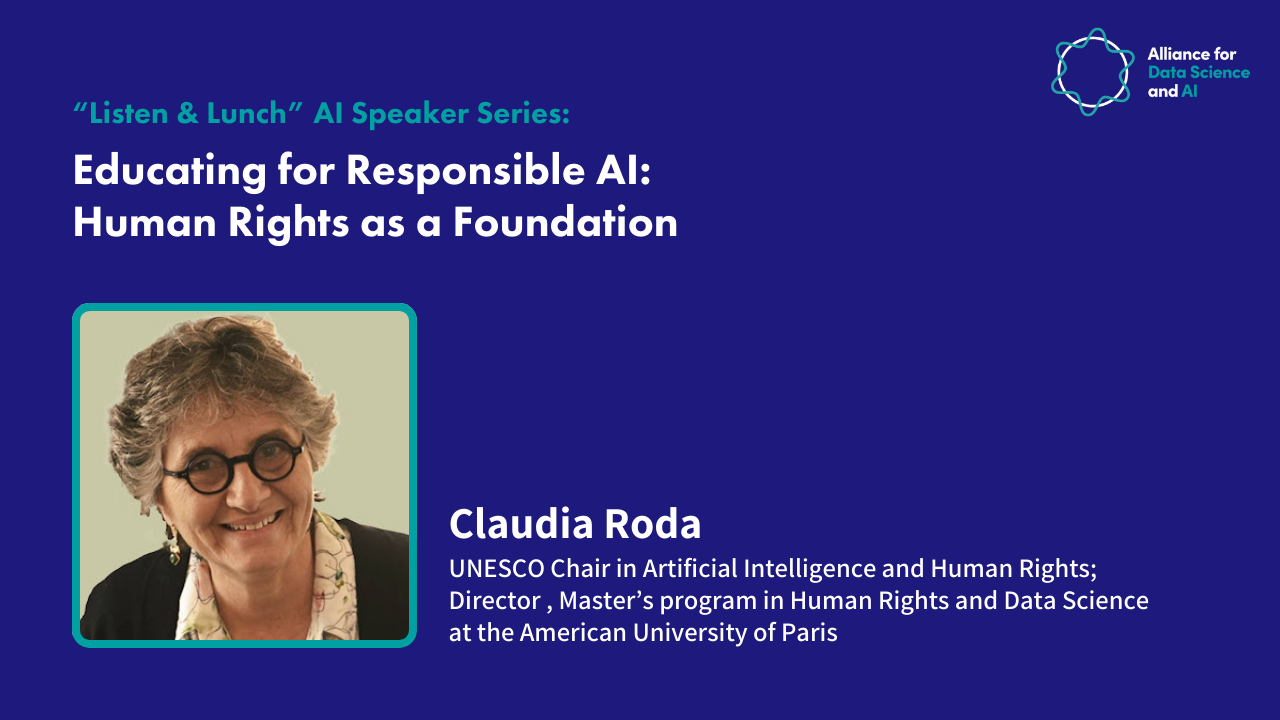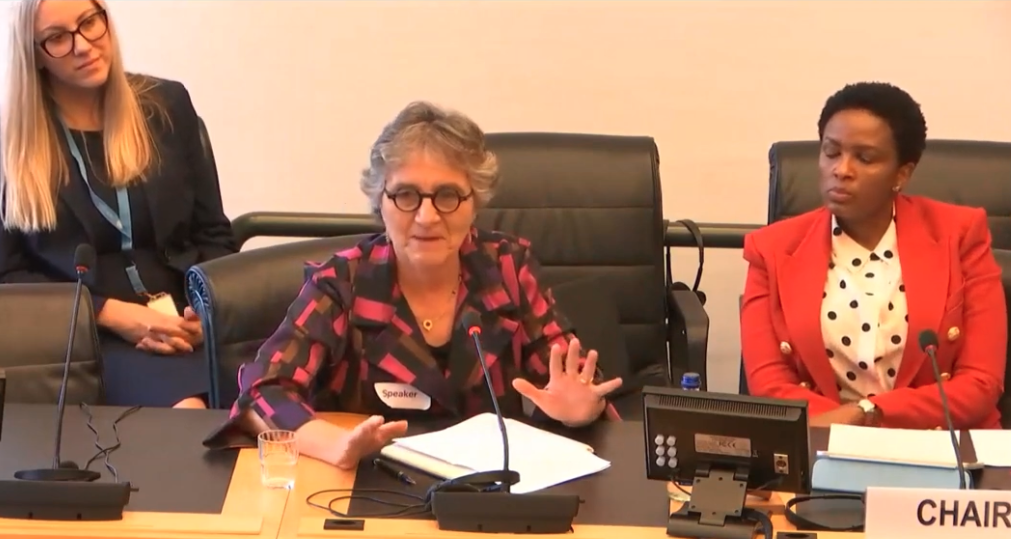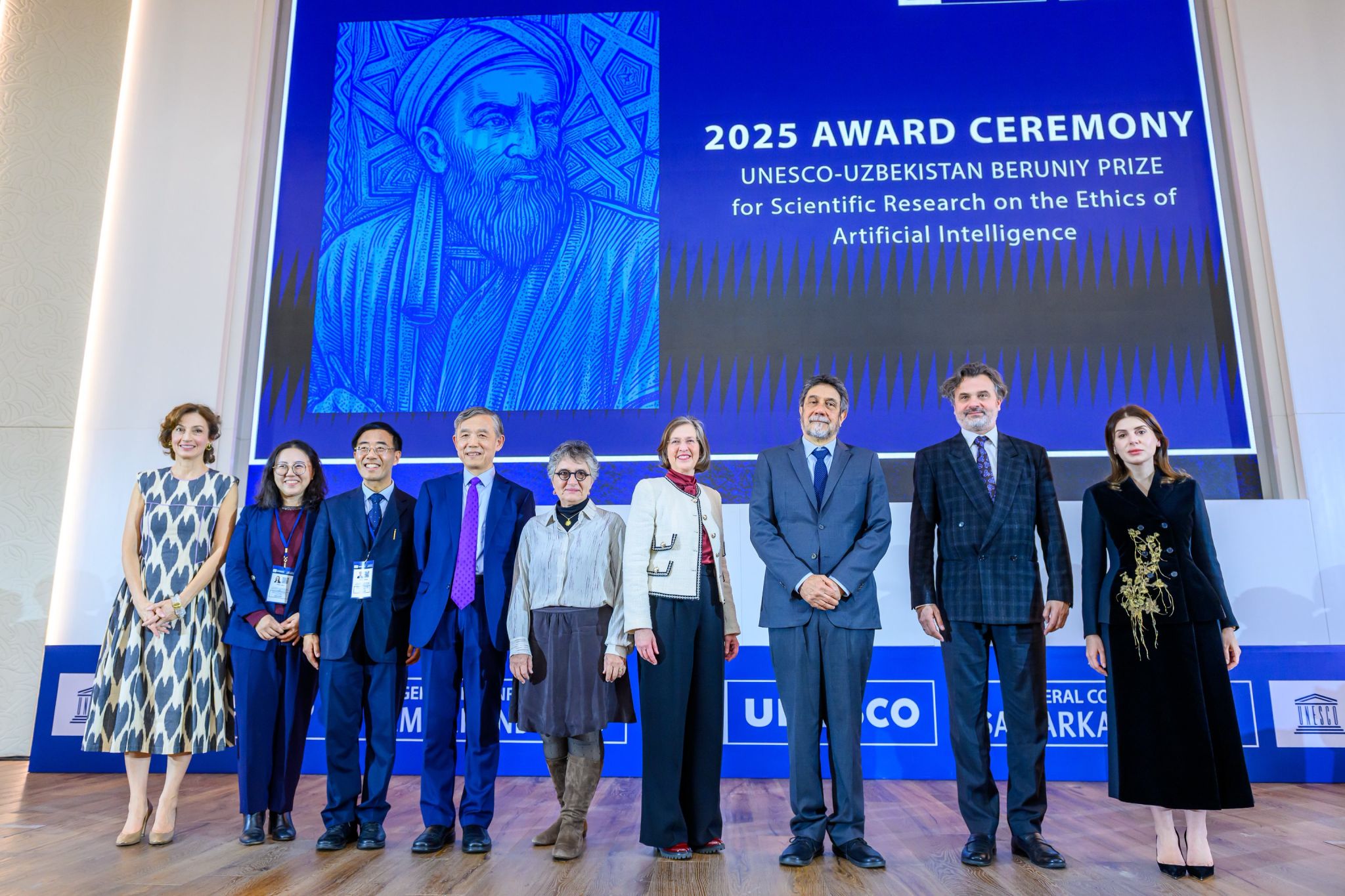| |
Grants for Research and Curriculum Development Projects
Project collaborator: GaSP: Private and Shared Gaze: Enablers, Applications, Experiences; supported by the Academy of Finland with a grant of €781K - 2015-2018 (more)
The overall objective of the project is to understand whether gaze tracking technology can provide useful information on someone’s activity on the internet to that person herself or himself, and to others with whom the data is shared. The project aims to find out whether seeing one’s own gaze path helps in recollection, whether users of shared content are willing to share gaze information for others, and how much added value it would provide in various educational scenarios . Principal investigator Prof. Kari-Jouko Räihä, University of Tampere. Project duration: 09/2015-12/2018. Two supporting partners, Prof. Kenneth Holmqvist at Lund University, Sweden, and Prof. Claudia Roda at The American University of Paris. (hide)
Partner leader: project “PRIPARE: PReparing Industry to Privacy-by-design by supporting its Application in Research” CSA-SA FP7, €1.1M 2013-2015 (Cordis archive) (more)
PRIPARE is a two year project which started in October 2013. PRIPARE aims to facilitate the application of a methodology for privacy and security by design that will contribute to the protect unhindered usage of Internet against disruptions, censorship and surveillance. These practices will be supported by the ICT research community in order to prepare for their adoption in industry, and to foster a risk management culture through educational material targeted to a diversity of stakeholders. PRIPARE has 11 partners. -
The project is now finished: AUP's contribution, which focussed on the creation of educational material for Privacy by Design, is summarised in three deliverables:
The complete collection of PbD resources, including educational material produced in the project is available on the PRIPARE WP4 - Educational and Informational Material Portal
(hide)
Principal Investigator: “Interacting with ebook readers in academic environments” Amical Small Grant – “Transformative Improvement” objective. €1500 Sept-Dec 2012 (more)
Professors, students, and librarians are increasingly faced with the choice between paper- and e-books for academic use. Current technology allows for a large variety of electronic devices to be selected on the market. However, it is not clear to which extent these devices impact the reading experience. Several question concerning memorability, understanding, and the performing efficiency of the devices remain open. These aspects also demand for the comparison between reading paper and digital text. The goal of this project is to explore differences between print reading and e-reading. The issues explored concern the relation between text and its support, academic activities such as notes taking, memorization, up to the physical experience of the digital reading, and its usability. (hide)
Principal Investigator (with Stefania de Kennessey, Dean Eugene Lang College, The New School, NY) for the AUP/Lang cooperative agreement supported by a grant of $700K by the Andrew W. Mellon Foundation, 2010 – 2012 (more)
The project aims at capitalising on the strengths of a liberal arts experience in the heart of two of the world’s most dynamic and beautiful cities, bringing students into contact with faculty in a small classroom setting across the Atlantic and exploring the role these metropolises have played, and continue to play, in the human experience. The project will develop three programs: International Cities, International Literary Studies, and International Communication. For each program, AUP students will spend three years at AUP and one year at Eugene Lang College, participating in courses and projects between the two campuses and building international learning communities through visiting students and faculty as well as high-definition videoconferencing technology and social media. (hide)
Project participant: “XPERO” supported by a grant of €1.5M by the European Community FP6 Information Society Technology (IST) Programme, contract No. 29427. 2006-2009 (Cordis archive) (more)
Develops an embodied cognitive system, which is able to conduct experiments in the real world with the purpose of gaining new insights about the world and to develop and improve its own cognitive skills and overall performance. (hide)
Partner leader: project “AtGentive: Attentive Agents for Collaborative Learners”, supported by a grant of €1.6M by the European Community FP6 Information Society Technology (IST) Programme, Contract No. 27529. 2005-2007 (Cordis archive) (more)
The objective of the AtGentive project was to investigate the use of artificial agents for supporting the management of the attention of young or adult learners in the context of individual and collaborative learning environments. (hide)
Principal Investigator: “Cultural conditioning and multi-cultural experience as mediators in the perception of digital media” sponsored by the AUP-lab 2006-2007 (more)
Principal Investigator: Mellon Faculty Pedagogical Seminar grant for the organization of a seminar on Future Technologies for Teaching and Learning Spring 2004
investigates which features of Web sites attract students and cause them to ‘trust’ the information available on the site. What are the correlations between trust, site features and students' cultural background. (hide)
Project participant: INSEAD – Center for Advanced Learning Technology (CALT)- XEROX project K-InCA: Knowledge Management Intelligent Conversational Agents. 2000-2002 (more)
The aim of this project is to validate a new approach to enable managers at every level or function in an organization to effectively learn, understand, and then apply Knowledge Management concepts and techniques. (hide)
Leader work-package on multi-agent communication: ESPRIT project ARCHON (Distributed Artificial Intelligence applied to Process Control Systems) P-2256. 1989 - 1991 (more)
ARCHON aimed to develop an architecture, software framework and methodology for multi-agent systems for real-world industrial applications in the area of power system control supervision. (hide)
|
 |
News and Events
CFP: first symposium on the Principles for Ethical Use of Digital Testimonies of Victims and Witnesses of Mass Violence, June 22-24 2026, at The American University of Paris, Paris, France
 Educating for Responsible AI: Human Rights as a Foundation, webinar ADSA, January 23 2026 Educating for Responsible AI: Human Rights as a Foundation, webinar ADSA, January 23 2026
 Speaker High-Level Dialogue- Innovation as Survival, RightsX SUMMIT, Organized by the Office of the High Commissioner in Human Rights. Geneva, December 10-11 2025 Speaker High-Level Dialogue- Innovation as Survival, RightsX SUMMIT, Organized by the Office of the High Commissioner in Human Rights. Geneva, December 10-11 2025
 Laureate of inaugural UNESCO–Uzbekistan Beruniy Prize for Scientific Research on the Ethics of Artificial Intelligence (AI), Samarkand, Uzbekistan November 2025 Laureate of inaugural UNESCO–Uzbekistan Beruniy Prize for Scientific Research on the Ethics of Artificial Intelligence (AI), Samarkand, Uzbekistan November 2025
Speaker: Navigate: Digital Policy Leadership Retreat 24th June: Public Policy Leaders-Only Day At Harvard's Berkman Klein Center, Cambridge, MA June 2025
Older news and events
|
|

